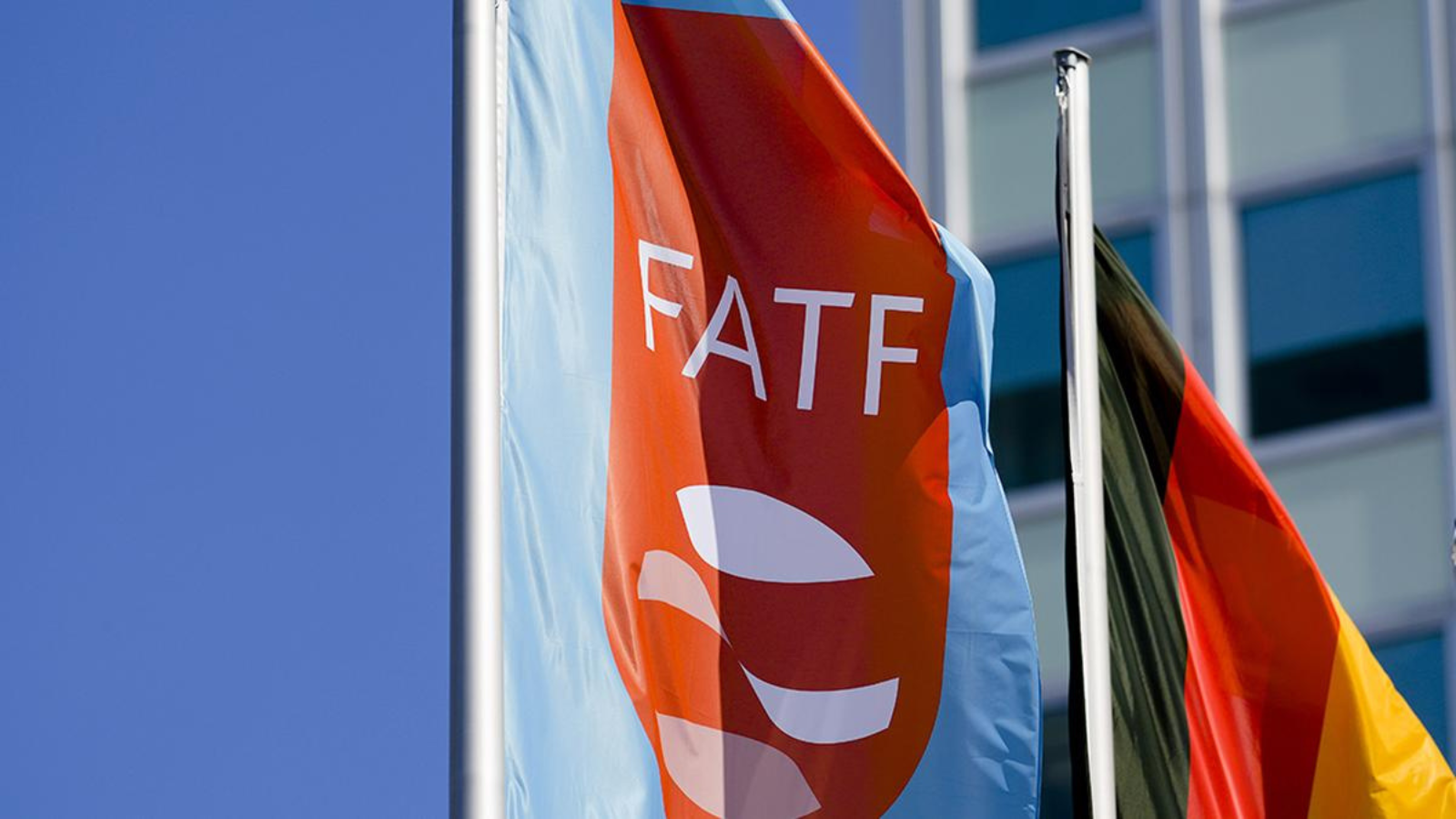FATF to Examine State-Sponsored Terrorism: Pakistan-Based Entities Under Global Lens
The Financial Action Task Force ( FATF ), the global watchdog for money laundering and terror financing, is expected to deliberate on the issue of state sponsorship of terrorism during its ongoing meetings in Paris. The session, which began on October 20, 2025, will continue till October 24 and is likely to feature detailed discussions on terror-financing networks operating through Pakistan-based organisations and their proxies. The move comes amid growing global concern about the role of state-supported entities in facilitating cross-border terrorism.

FATF’s Expanded Focus on State Sponsorship
For the first time, FATF’s latest “Comprehensive Update on Terrorist Financing Risks” report has acknowledged state sponsorship as a major threat to international peace and financial stability. The report recognises that certain countries, by offering financial, logistical, or material support to extremist groups, contribute to sustaining terrorist activities. This recognition has provided a new framework for assessing the risk of state involvement in terror financing during the FATF’s new round of mutual evaluations.Pakistan’s Presence in the Spotlight
Sources within law-enforcement agencies suggest that Pakistan will be a central point of discussion during the FATF Plenary. India has consistently raised the issue of Pakistan’s continued support for banned outfits such as Lashkar-e-Taiba (LeT) and Jaish-e-Mohammed (JeM), both of which have been sanctioned by the United Nations. Despite being on global watchlists, these groups reportedly continue to operate through front organisations, securing funds and rebuilding infrastructure under the guise of humanitarian work.Rebuilding of LeT Headquarters
Indian intelligence agencies have recently provided inputs revealing that Lashkar-e-Taiba, operating under its charitable front Jamaat-ud-Dawa, has raised funds both online and offline to rebuild its headquarters in Muridke. The site was destroyed by the Indian Air Force during Operation Sindoor on May 7, 2025. Following this, the Pakistani government reportedly allocated four crore Pakistani rupees to the LeT for the reconstruction of its base, known as Markaz Taiba. The total reconstruction cost is estimated to exceed fifteen crore rupees.Fundraising Under the Guise of Relief Work
Investigations suggest that the LeT mobilised public donations under the pretext of “flood relief campaigns” to rebuild its terror infrastructure. Such tactics have long been used by banned organisations in Pakistan to secure funds while evading international scrutiny. This development strengthens India’s long-standing claim that Pakistan continues to shelter and assist terrorist groups despite global sanctions and commitments to counter terrorism financing .Global Condemnation After Pahalgam Attack
The issue of state-backed terrorism gained renewed attention after the Pahalgam terror attack on April 22, 2025, which was carried out by “The Resistance Force,” a proxy of the LeT. The attack drew strong condemnation from the FATF, which stated that such incidents “cannot occur without money and the means to move funds between terrorist supporters.” The United States later designated The Resistance Force as a global terrorist organisation, further validating India’s position on the cross-border nature of these threats.India’s Diplomatic Push for Accountability
At multiple international forums, India has reiterated the need for coordinated global action against terror financing. During the Shanghai Cooperation Organization (SCO) summit in China this September, Prime Minister Narendra Modi called upon member states to take “firm and decisive action against terrorism in all its manifestations.” He emphasised that there should be “no double standards” and urged the international community to hold countries accountable that sponsor or support terrorism across borders.FATF’s Broader Impact and Policy Changes
The FATF’s inclusion of state sponsorship in its risk assessments is a significant step toward reshaping the global counter-terrorism framework. Countries found guilty of enabling or overlooking terror-financing activities may face stricter monitoring or even blacklisting. Such measures could have far-reaching consequences for Pakistan’s financial credibility and international partnerships.Looking Ahead
With over 200 jurisdictions and observer organisations participating in this FATF session, the outcome will be closely monitored. India’s active participation and submission of detailed intelligence reports have placed the issue of state-sponsored terrorism firmly on the global agenda. If the FATF adopts stronger compliance mechanisms, it could mark a turning point in efforts to curb the financing of extremist groups.Conclusion
The FATF’s discussions in Paris represent a crucial step in redefining the fight against terrorism by focusing on its financial roots and state involvement. For India, it reaffirms a long-held demand to hold nations accountable for harbouring and funding extremist organisations. The world will be watching closely as the FATF deliberates on how to turn these discussions into concrete international action.Next Story